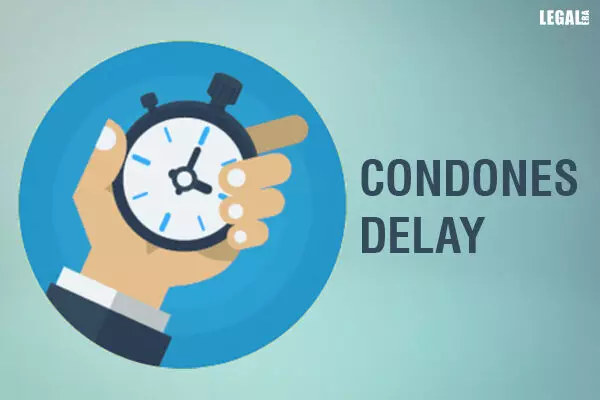- Home
- News
- Articles+
- Aerospace
- Agriculture
- Alternate Dispute Resolution
- Banking and Finance
- Bankruptcy
- Book Review
- Bribery & Corruption
- Commercial Litigation
- Competition Law
- Conference Reports
- Consumer Products
- Contract
- Corporate Governance
- Corporate Law
- Covid-19
- Cryptocurrency
- Cybersecurity
- Data Protection
- Defence
- Digital Economy
- E-commerce
- Employment Law
- Energy and Natural Resources
- Entertainment and Sports Law
- Environmental Law
- FDI
- Food and Beverage
- Health Care
- IBC Diaries
- Insurance Law
- Intellectual Property
- International Law
- Know the Law
- Labour Laws
- Litigation
- Litigation Funding
- Manufacturing
- Mergers & Acquisitions
- NFTs
- Privacy
- Private Equity
- Project Finance
- Real Estate
- Risk and Compliance
- Technology Media and Telecom
- Tributes
- Zoom In
- Take On Board
- In Focus
- Law & Policy and Regulation
- IP & Tech Era
- Viewpoint
- Arbitration & Mediation
- Tax
- Student Corner
- AI
- ESG
- Gaming
- Inclusion & Diversity
- Law Firms
- In-House
- Rankings
- E-Magazine
- Legal Era TV
- Events
- News
- Articles
- Aerospace
- Agriculture
- Alternate Dispute Resolution
- Banking and Finance
- Bankruptcy
- Book Review
- Bribery & Corruption
- Commercial Litigation
- Competition Law
- Conference Reports
- Consumer Products
- Contract
- Corporate Governance
- Corporate Law
- Covid-19
- Cryptocurrency
- Cybersecurity
- Data Protection
- Defence
- Digital Economy
- E-commerce
- Employment Law
- Energy and Natural Resources
- Entertainment and Sports Law
- Environmental Law
- FDI
- Food and Beverage
- Health Care
- IBC Diaries
- Insurance Law
- Intellectual Property
- International Law
- Know the Law
- Labour Laws
- Litigation
- Litigation Funding
- Manufacturing
- Mergers & Acquisitions
- NFTs
- Privacy
- Private Equity
- Project Finance
- Real Estate
- Risk and Compliance
- Technology Media and Telecom
- Tributes
- Zoom In
- Take On Board
- In Focus
- Law & Policy and Regulation
- IP & Tech Era
- Viewpoint
- Arbitration & Mediation
- Tax
- Student Corner
- AI
- ESG
- Gaming
- Inclusion & Diversity
- Law Firms
- In-House
- Rankings
- E-Magazine
- Legal Era TV
- Events
ITAT states the law protects those who are vigilant

ITAT states the law protects those who are vigilant
The assessee had challenged the order of the Commissioner of Income Tax, who dismissed the appeal
The Income Tax Appellate Tribunal (ITAT) has held that the law protects only those who are vigilant. It refused to condone a delay of 2985 days in filing the appeal by the assessee.
The Income Tax Return (ITR) filed by the assessee, Bharat Kumar Somabhai was rejected by the assessing officer (AO), who, accordingly, made the addition on an amount.
The assessee challenged the order before the Commissioner of Income Tax (Appeals). As there was no response to the seven days' notice issued to the assessee and no one appeared on his behalf, the CIT(A) confirmed the additions made by the AO with the available materials on record. He dismissed the appeal filed by the assessee.
The ITAT bench comprising T.R. Senthil Kumar (judicial member) and Annapurna Gupta (accountant member) observed that at least 10 opportunities were provided to the assessee.
The tribunal said, "The assessee has not responded to the hearing notices. The affidavit filed by him simply blames his accountant Parshot Tambhai Rajgor. It is seen from the ex parte assessment order that the assessee, along with his accountant, appeared before the AO only once.
"At this stage, it is appropriate to quote the legal maxim 'vigilantibus non dormientibus jura subveniunt.' It means, the laws serve the vigilant, not those who sleep over their rights."
Dismissing the appeal, the bench stated that the assessee could not demonstrate the reasons for non-appearance before the lower authorities as well as before the tribunal. The response stated in the affidavit was not reasonable cause to condone the huge delay of 2985 days in filing the appeal by the assessee.



